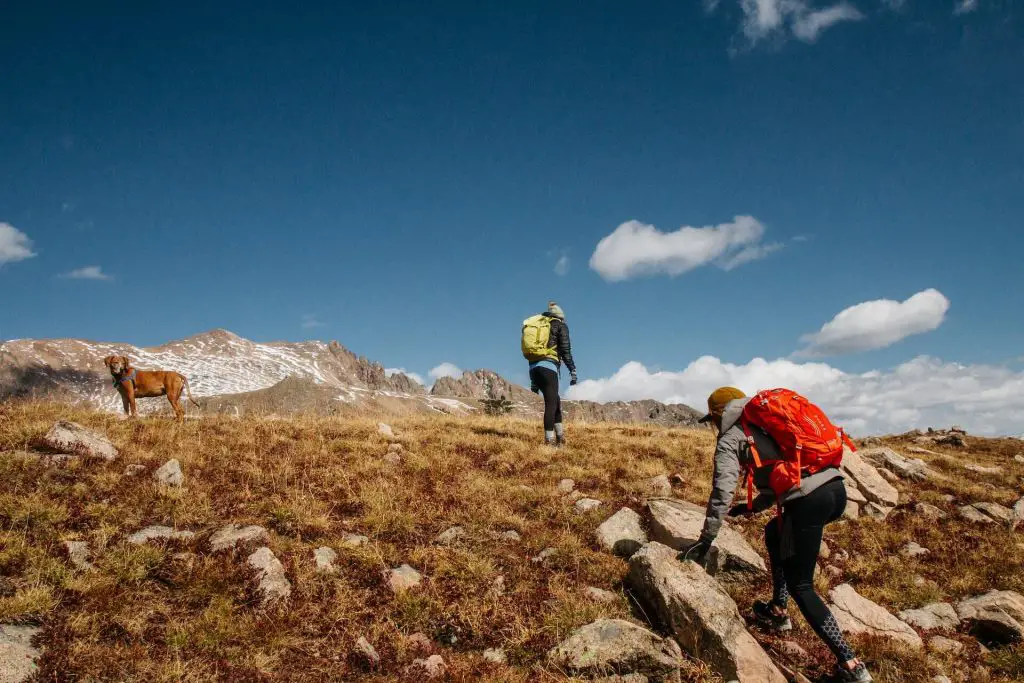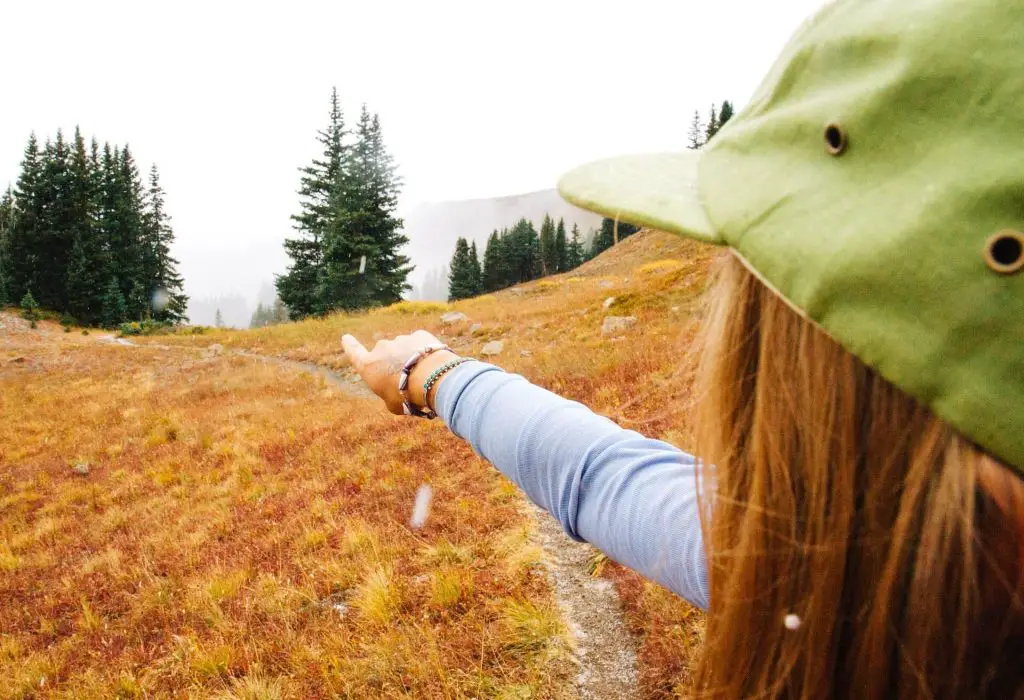
You’re about to head out on a 3 mile hike, but are unsure of how long it will take. Trying to plan your hike and figure out the timing can be a challenge. How can you figure out how long your three mile hike will take?
A three mile hike will take the average hiker about one and a half hours at a two mile per hour pace on flat or gradual ground. Add on an extra fifteen minutes for every 500 feet of ascent. For a three mile hike with roughly one thousand feet of gain it would take you a total of two hours.
Being able to estimate how long your hike will be is important for safely planning your hiking trip. Your fitness level combined with the trail distance, trail difficulty, weather, and trail conditions will determine how fast or slow you can hike. I’ve been on three mile hikes where the weather is perfect with a gradual slope and hiked it well under two hours. I’ve also been on three mile hikes where the elevation gain is steep, the weather is hot, and it took almost three hours. There are a few factors to consider when estimating your three mile hike time.
Three Mile Hike Times
| Hike Type | Elevation Gain | Duration |
|---|---|---|
| Downhill | -250 ft | 1 Hour 15 Mins+ |
| Flat | 0 ft | 1 Hour 30 Mins+ |
| Gradual | 500 ft | 1 Hour 45 Mins+ |
| Steep | 1,000 ft | 2 Hours+ |
| Very Steep | 1,500 ft+ | 2 Hours 15 Mins+ |
| Extremely Steep | 2,000 ft+ | 2 Hours 30 Mins+ |
What Factors Can Slow You Down On a Hike
Elevation Gain
Elevation gain and altitude will be the element that slows you down the most for any hike. The more the elevation gain in a hike the more strain your legs will go through to gradually push you up each slope. If you are researching hikes then you can get a general gauge of this by the hike difficulty rating. For easy hikes they have very little elevation gain, for moderate hikes they have less then 1,000 feet in elevation gain and more strenuous hikes go over 2,000 feet in elevation gain.
If you hike a one mile hike with 1,000 elevation gain you will be in a world of hurt as you climb up steep slopes. On the flip-side of you hike a three mile hike with only 100 feet of elevation gain it will be more relaxing despite being triple the distance. You should always check the elevation gain across multiple resources as some blogs can be off and alltrails isn’t one hundred percent accurate.
Weather
Another external factor that will impact your hiking pace will be the weather. First the temperature from the weather will slow you down by a lot in the hot heat. During summer time you will likely naturally slow down due to the heat and sweat. The same is true for extreme cold weather as your body will be in shock hiking in very cold weather. Adjust your body temperature by layering up and down depending on the conditions.
Trail Conditions
Another impact from weather is creating crappy trail conditions from rain or snow. Rain or snow can slow you down a lot by creating muddy and slippery trails. These bad trail conditions will force you to be more mindful of each step so that you don’t slip and injure yourself. I’ve been on trips where the estimated time was only two hours, but with a muddy and wet trail it took us an extra hour and a half.
Always check the weather forecast before your trip and also check trail conditions from alltrails reviews and even on instagram hashtags for your hike. You’ll be able to see recent trail photos from the hashtags or the location. Seeing recent trail reviews from hikers can help you see trail conditions before your trip. If there aren’t any photos or reviews then you can call a park ranger and get trail conditions that way.
Tips to Maintain a Good Pace On Your Hikes

Breaks
If you are trying to maintain a good hiking pace or want to increase your pace then there are a few things you can do. The first thing you can do is to strategically take breaks. Maybe you’re hesitant to take breaks as you want to knock out the miles, but it is okay to take breaks when hiking.
Taking strategic breaks will help with hydration, recovering your energy, and resting your legs. Of course you don’t want to take breaks for too long or too much and end up ruining your hiking momentum. Try to avoid taking unnecessary breaks as you will drastically extend the duration of your hike. Taking breaks before steeper parts of the trail can be helpful as you will be rested and have a bit extra energy to power on up the incline.
Timing
As you are planning your hike and see the weather forecast you can plan your start time strategically. If you are hiking during the warmer months then try to start much earlier in the morning so that you are not hiking at the hottest time of the day. If you are hiking during the colder months then you can try to hike at a warmer time. Finding the right balance of start time to have better temperatures will make a big difference.
If you’ve ever been out on the trail and were hiking in close to noon, drenched in sweat and you saw hikers smiling on their way out, those hikers likely strategically planned their hike to start early and finish early before the heat hits. You too can be part of this strategic group of hikers who enjoy the entire hike and not have to suffer through the high heat of the day.
Trekking Poles
If you are going on a trail with steep inclines with a lot of elevation gain then you can get some help and use trekking poles. Trekking poles will make the hike feel much easier as all of the strain isn’t on your legs. Trekking poles will help you pull your body up each step you take. The weight of your body will shift from your legs to your torso. Even for a three mile hike trekking poles can make a huge difference.
Cascade Mountain Tech Lightweight Trekking Poles on Amazon
Final Thoughts
Now that you know the many factors that go into estimating how long your future hikes will be, you will able to be more prepared and quickly estimate how long your hikes will take. The distance combined with elevation will give you a general estimate and the weather, trail conditions, and your fitness will add in how much nuanced time you need to plan for.
As you hike more hikes you will know what your average pace is, how weather impacts your body, and how much time you need to adjust based on trail conditions. The more hikes you go on the faster and easier your estimates will be. Your calculations may never be exact as there can be surprises out in nature, but being able to get a general estimate is very powerful and helpful for safely planning a hike. Enjoy your three mile hike!
